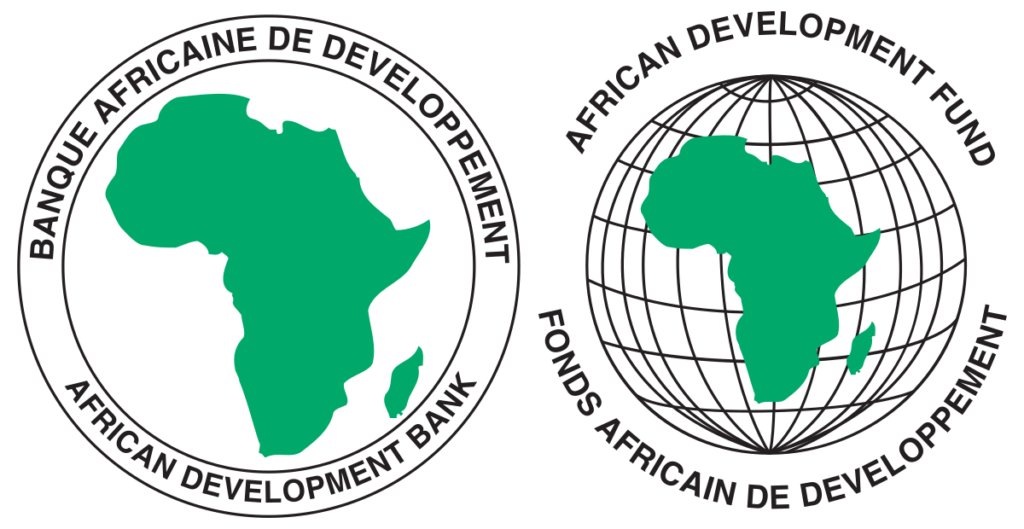The African Development Bank (AfDB) has reiterated the International Chamber of Commerce’s assertion that more than half of world trade, in terms of value is denominated in US dollars with 80% of letters of credit also being priced in US dollars and as such with limited access to forex liquidity presents a challenge for African banks especially to fund trading activities.
In addition, the African Development Bank further asserted that the move to “adopt new Basel III regulations with higher capital requirements has pushed many international banks to reassess their corresponding relationships with African local banks”.
With the adoption of such regulations, this has also translated into regulatory challenges emerging as a significant drag on banks financing intra-African trade. In a survey conducted on a sample of African banks, 15 percent of the respondents list regulatory challenges as the main constraint to expanding trade finance supply in Africa.
Aside from these foreign currency liquidity constraints and its associated risk capital challenges facing banks, there are other constraints that deter banks from financing intra-African trade which are not significantly different from those impacting trade finance for other regions of the world including competition, correspondent banking and staff capacity constraints.
Banks ranked competition as a major constraint, perhaps reflecting the competitive edge foreign banks have over their locally owned counterparts. Also, there is this issue of “follow-your-client” expansion strategies adopted by foreign banks to support trading activities of their domestic firms (firms with foreign origin) to the neglect of African-owned firms.
In the presence of high compliance costs and low margins due to rising competition, it is not surprising that banks see competition as a significant threat to the growth of their trade finance activities.
This can be quite worrying as Africa is set to start trading under the African Continental Free Trade Area (AfCFTA), which commenced officially on January 1, 2021. The main objectives of AfCFTA include to create a single market for goods and services, facilitate the movement of persons, to promote African businesses, industrial development and inclusive socio-economic growth.
Mr. Wamkele Mene, the Secretary General of AfCFTA also said his establishment and Afreximbank are working with Commercial Banks on the African Continent to raise a minimum of one billion dollars for trade financing facility to support SMEs so that they benefit from the agreement in the area of market access.
All these goals will require some level of funding and as such banks will be expected to come on board to provide the necessary liquidity. Hence, these challenges that face banks’ ability to be fully functional in the support of intra-African trade must be addressed.
However, Professor Benedict Oramah, African Export-Import bank (Afreximbank) President, revealed that his outfit has designed a digital payment platform in partnership with the African Union (AU) to facilitate payment of goods and services under AfCFTA.

The AfCFTA Secretary General, Mr. Wamkele Mene also opined that the platform will help to significantly reduce the use of hard currencies in the settlement of such trade transactions.
“We want to reduce the cost associated with converting local currency into the dollar for easy business transactions”.
In a nutshell, Mr. Mene has said that AfCFTA’s partnership with Afreximbank would take the continent a step closer to finding solutions to multicurrency trading on the continent.



















